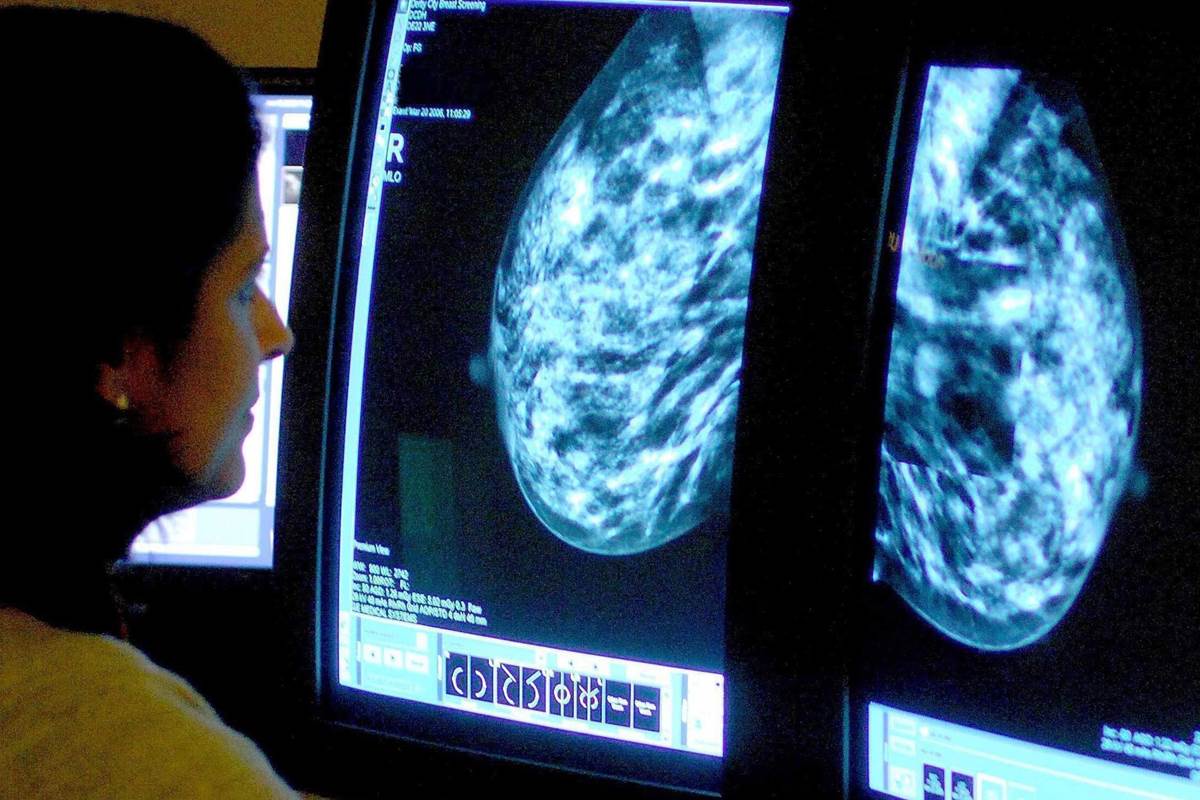With available testing for breast cancer risk genes, some women are learning at young ages that they are at high lifetime risk of breast cancer. Plastic surgeons play a key role in counseling and managing this group of high-risk young adults, according to a special topic paper in the June issue of Plastic and Reconstructive Surgery, the official medical journal of the American Society of Plastic Surgeons (ASPS).
“Young BRCA-positive patients undergoing mastectomy have unique surgical and psychosocial needs,” comments ASPS Member Surgeon Nolan S. Karp, MD, of the Hansjörg Wyss Department of Plastic Surgery at NYU Langone Health, New York. “Plastic surgeons must be familiar with treatment guidelines, necessary referral patterns and particular needs of these patients to appropriately manage their care.”
Karp and colleagues share their insights from working with young women who seek BRCA (breast cancer-associated) gene testing due to a family history of breast cancer. In recent years — especially after actress Angelina Jolie announced that she had undergone the procedure — there has been a sharp increase in the number of women undergoing risk-reducing mastectomy due to hereditary breast cancer risk.
Patients undergoing risk-reducing mastectomy have the highest rate of immediate breast reconstruction. That means that plastic surgeons play an important role in their care, together with other specialists including breast surgeons, oncologists, and genetic counselors.
Because BRCA and other genes confer a high lifelong cancer risk, young women with a family history of breast cancer may feel that they should be tested as early as possible. However, current guidelines recommend that BRCA mutation screening be performed only once women reach 18 years, is the “age of consent.” While BRCA mutations are responsible for two to ten percent of breast cancers, they are present in only 0.2 to 0.3 percent of the general population.
Fortunately, the absolute risk of developing breast cancer in young women is low — only about 1.5 to 3.4 percent by age 30, depending on the mutation. Even if tested, young women may find themselves in “clinical limbo,” since mastectomy risk-reducing interventions for breast cancer are usually not recommended until age 25.

(Image credit: Associated Press)
Decisions about BRCA testing are not necessarily straightforward. While testing can have negative psychological consequences, some women may experience distress due to uncertainty about their risk — which could be relieved by getting tested. Testing may also influence important life decisions, including reproductive planning.
The decision should be based on the individual’s maturity level, ability to process information, and make informed decisions, rather than age alone. Karp and colleagues write, “The decision-making capacity and maturity of emerging adults is an evolving process, and must be treated carefully for procedures with life-long implications.”
Even when BRCA or other risk genes are present in young women, there is usually no urgency to perform risk-reducing mastectomy. Although surgery may reduce distress and anxiety, mastectomy itself can have negative physical and psychological consequences. At any age, patients need to understand that while mastectomy can reduce risk by nearly 90 percent, it does not completely prevent the risk of developing breast cancer.
The use of “nipple-sparing” techniques followed by immediate reconstruction — most often with implants — has increased acceptance of risk-reducing mastectomy in young women. Immediate reconstruction reduces psychological stress and problems with body image and sexuality.
Because of the high public attention to risk-reducing mastectomy and breast reconstruction, plastic surgeons may sometimes be the first physicians to encounter young women at high genetic risk of breast cancer. Karp comments, “Seamless communication between multidisciplinary teams is essential to offer evidence-based decision making for these patients.”




